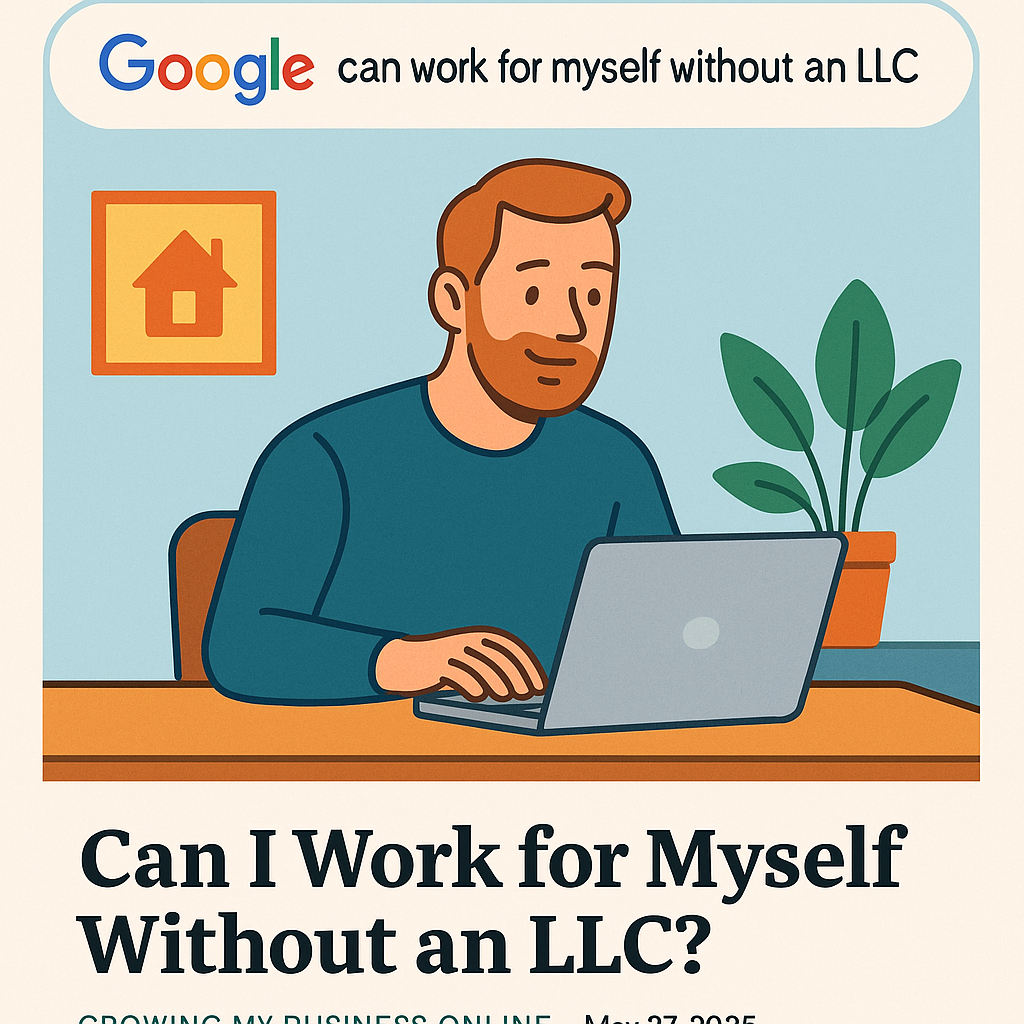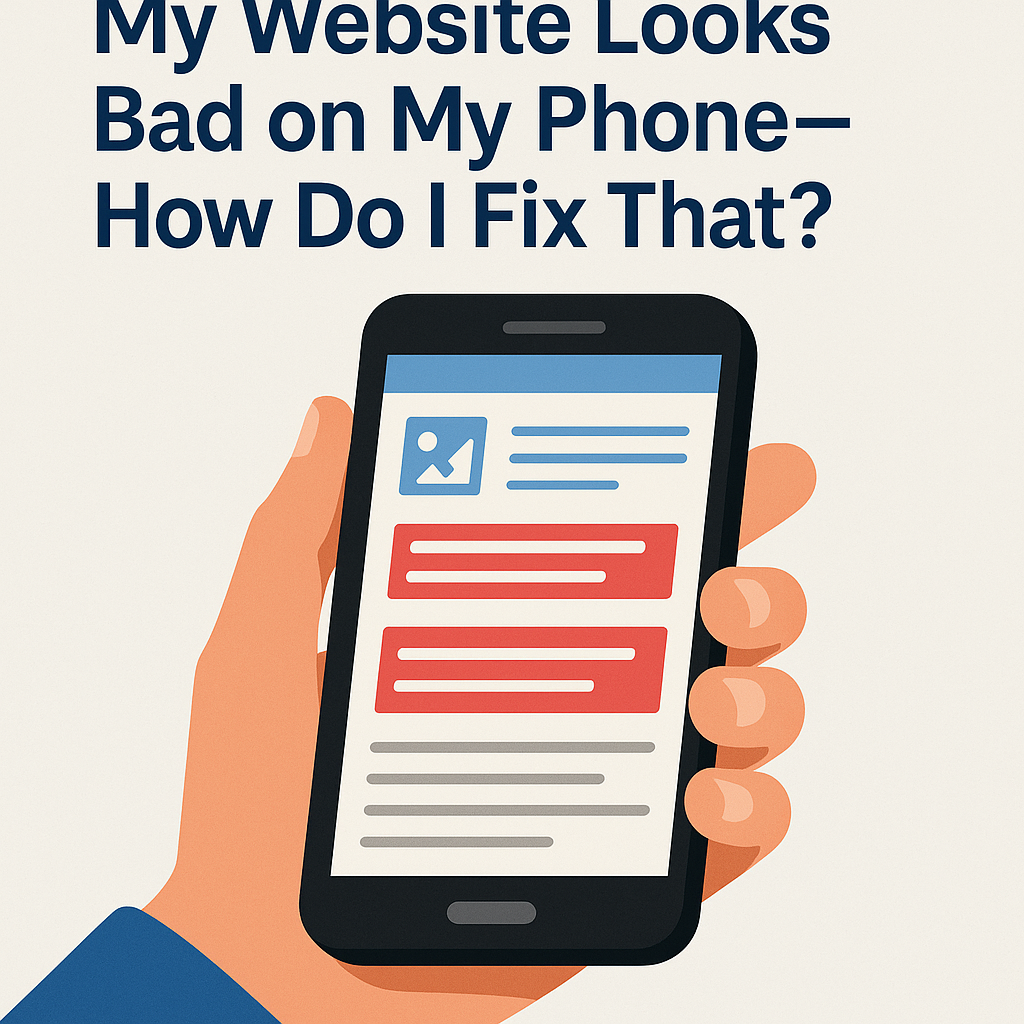Working for Yourself? You’re Already a Business
If you’re freelancing, consulting, or monetizing any service independently, congrats: you're already a business.
And no—you don’t need to file for an LLC to make that true. You're legally allowed to work for yourself as a sole proprietor, which is the default for anyone earning money outside of traditional employment.
What It Means to Work Without an LLC
Operating as a sole proprietor is simple:
- No official formation paperwork
- No separate tax return (just include it on your personal taxes)
- You can use your own name or a DBA (“doing business as”)
- But—you’re 100% personally liable
It’s like running a lemonade stand without the umbrella. Easy setup, but you're exposed if it rains.
Pros of Staying a Sole Proprietor (For Now)
- Low cost: No filing fees or legal red tape
- Speed: You can start immediately
- Great for side gigs or testing an idea
- Simple taxes: Use a Schedule C on your personal return
If you’re just dipping your toes into self-employment, it’s a low-stress way to get rolling.
.svg)



.png)


